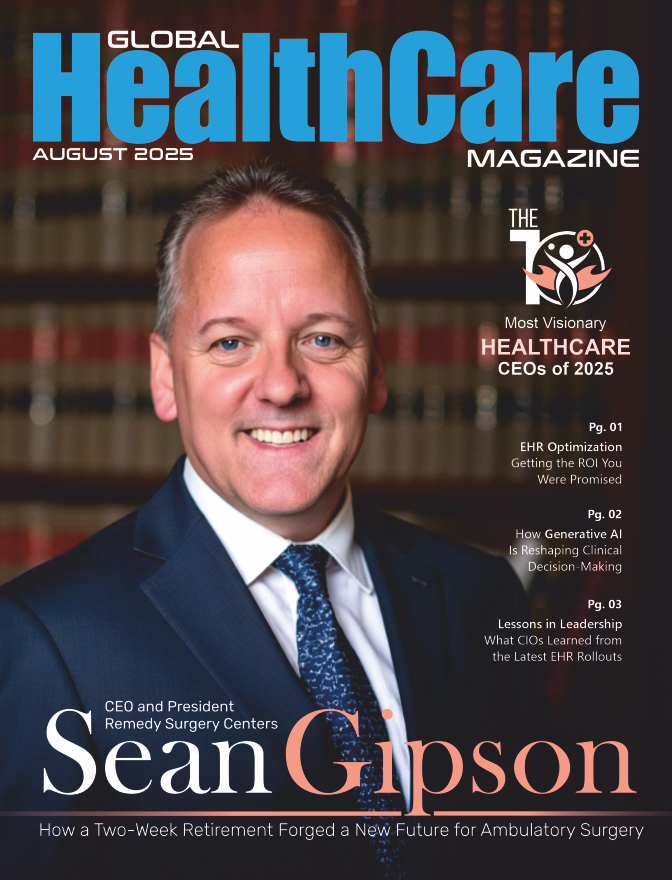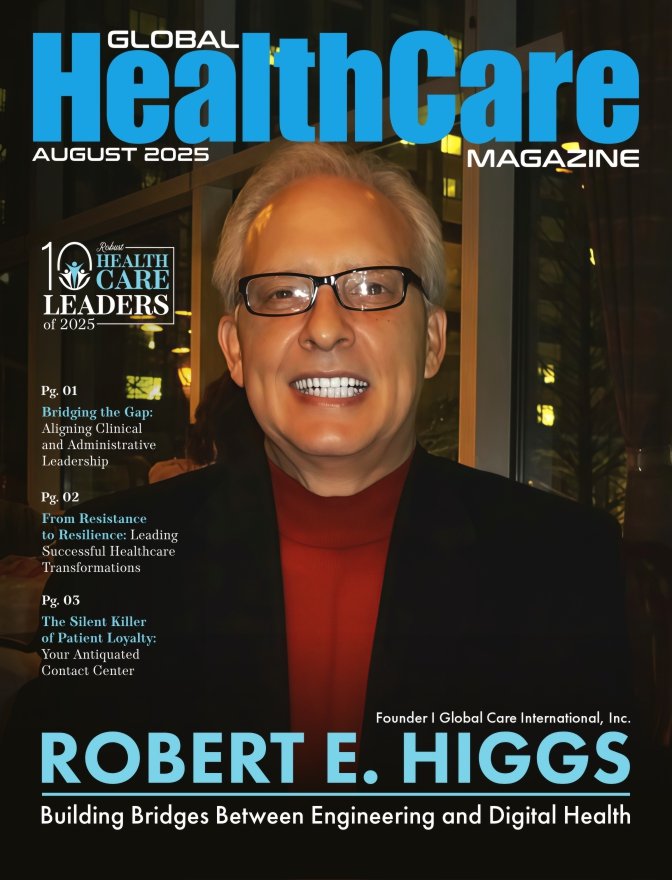In the fast-paced and demanding world of healthcare, effective leadership is often shaped by the well-being of its leaders. As healthcare professionals face long hours, critical decision-making, and intense stress, wellness and sleep become crucial components in maintaining not only their health but also their leadership potential. Today, more than ever, the importance of sleep is being recognized as a key driver in healthcare leadership, influencing decision-making, emotional intelligence, and overall job performance. One significant aspect of wellness is sleep, which is directly linked to both mental and physical health. In this article, we will explore how wellness and sleep contribute to leadership in healthcare and the benefits of hybrid mattresses for sleep and wellness.
The Link Between Wellness and Leadership in Healthcare
Healthcare leaders play a pivotal role in shaping the direction and success of their institutions. They are responsible for making high-level decisions, managing teams, and ensuring that healthcare facilities run smoothly. However, this level of responsibility can take a toll on their physical and mental health. Stress, burnout, and fatigue are common challenges that healthcare professionals face, which can directly affect their effectiveness as leaders.
Promoting wellness in the workplace—especially for healthcare leaders—is crucial for reducing stress, increasing productivity, and improving overall morale. Healthcare leaders who prioritize their wellness are more likely to lead with clarity, empathy, and resilience, which in turn positively impacts their teams and the patients they serve. Therefore, the integration of wellness strategies into daily routines is not just a personal benefit; it’s a professional necessity.
The Role of Sleep in Healthcare Leadership
Sleep is a fundamental aspect of wellness, and its impact on leadership is profound. A well-rested leader is more likely to make sound decisions, communicate effectively, and lead with confidence. Conversely, inadequate sleep can lead to impaired cognitive function, decreased emotional regulation, and poor decision-making—traits that can severely affect leadership quality in high-pressure healthcare environments.
- Cognitive Function and Decision-Making
Sleep plays a critical role in cognitive function. A lack of sleep can result in memory lapses, decreased focus, and slower reaction times. For healthcare leaders, these deficits can be particularly harmful as they are tasked with making critical decisions that affect patient care and team management. Adequate sleep supports problem-solving abilities, strategic thinking, and the capacity to manage complex situations effectively. - Emotional Intelligence and Resilience
Emotional intelligence (EQ) is essential for effective leadership, especially in healthcare, where interpersonal relationships and team dynamics play a significant role. Sleep deprivation can impair EQ by making it more difficult to regulate emotions and empathize with others. Healthcare leaders who are well-rested are better able to manage their emotions, maintain a positive attitude, and respond to stress with resilience. - Health and Well-being
Consistent, quality sleep has direct benefits for physical health, including improved immune function, reduced risk of chronic conditions like hypertension and diabetes, and enhanced recovery from physical exertion. For healthcare leaders, maintaining good health is crucial to their ability to perform at their best, manage teams effectively, and avoid burnout.
Addressing Sleep Issues in Healthcare Leaders
Given the demanding nature of healthcare work, leaders may struggle with sleep-related challenges, from inconsistent schedules to high-stress environments. However, there are several strategies that healthcare leaders can employ to improve sleep quality and, in turn, their leadership effectiveness:
- Prioritize Sleep Hygiene
Sleep hygiene refers to the habits and practices that promote consistent, restful sleep. Healthcare leaders should make sleep a priority by establishing a regular sleep schedule, creating a relaxing bedtime routine, and limiting exposure to screens and bright lights before sleep. Reducing caffeine intake, particularly in the afternoon, can also contribute to better sleep quality. - Create a Sleep-Friendly Environment
A conducive sleep environment is essential for quality rest. Factors like room temperature, noise levels, and mattress quality all play a role in how well a person sleeps. Healthcare leaders should invest in a comfortable mattress and other sleep aids to improve their rest. Additionally, minimizing distractions, such as work-related stressors, in the bedroom can help signal to the body that it’s time to relax. - Stress Management Techniques
Healthcare leaders often experience high levels of stress, which can interfere with sleep. Learning to manage stress through mindfulness, meditation, deep breathing exercises, and regular physical activity can significantly improve sleep quality. Leaders who practice stress management techniques are better equipped to handle challenges in their personal and professional lives.
The Benefits of Hybrid Mattresses for Sleep and Wellness
A good mattress is essential for quality sleep, and healthcare leaders who prioritize their wellness should consider investing in a hybrid mattress. Hybrid mattresses combine the benefits of innerspring coils and memory foam, offering optimal support and comfort. Here are some key benefits of hybrid mattresses for sleep and wellness:
- Enhanced Support and Comfort
Hybrid mattresses are designed to provide the perfect balance between firmness and softness. The innerspring coils offer support for the spine, while the memory foam contours to the body, reducing pressure points and promoting better sleep posture. This combination helps alleviate aches and pains, making it easier for healthcare leaders to rest deeply and wake up feeling rejuvenated. - Temperature Regulation
Many hybrid mattresses come with advanced cooling technology, such as breathable covers and temperature-regulating foams. This helps maintain an optimal sleep temperature, preventing overheating during the night, which is particularly important for leaders who need to maintain restful, uninterrupted sleep. - Durability and Longevity
Hybrid mattresses are built to last, offering long-term comfort and support. Healthcare leaders who invest in a high-quality hybrid mattress can benefit from years of improved sleep, which ultimately contributes to better overall health and leadership performance. - Reduced Motion Transfer
Hybrid mattresses often feature memory foam layers that absorb movement, reducing disturbances from a partner’s movements. For healthcare leaders who share a bed, this feature ensures a more restful sleep, even if one partner moves during the night.
Conclusion
Wellness and sleep are crucial drivers of effective healthcare leadership. A well-rested leader is more likely to make clear decisions, foster positive team dynamics, and maintain resilience in the face of challenges. As healthcare professionals prioritize their well-being, sleep becomes an essential component of their success. By adopting practices that promote quality sleep and investing in sleep-enhancing products like hybrid mattresses, healthcare leaders can significantly improve their performance and lead with greater effectiveness. As we continue to recognize the importance of wellness in the healthcare sector, it’s clear that prioritizing sleep is not only a personal choice but also a professional one.
Also Read: Managing Grief and Loss: Psychological Insights and Coping Strategies



















